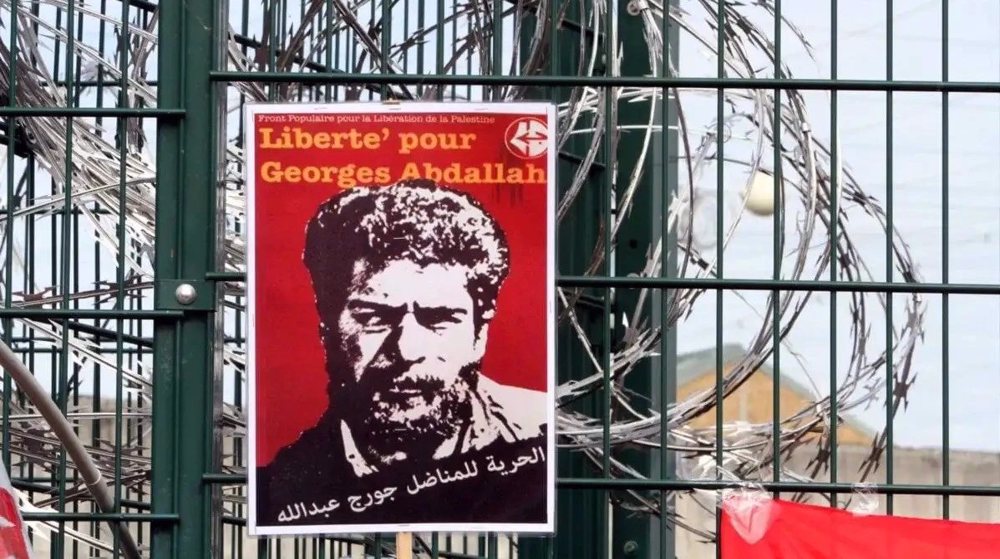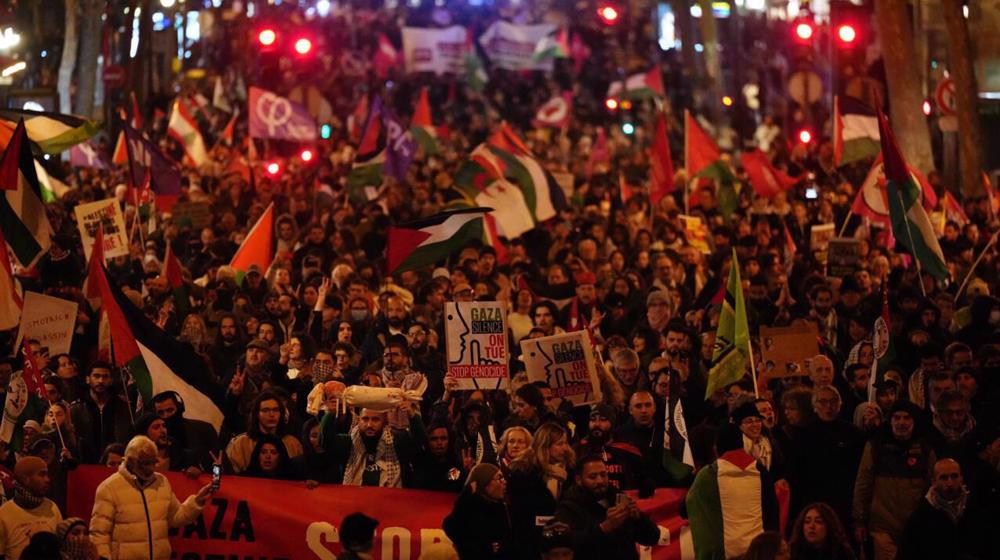France summons US envoy over 'spying'
French Foreign Minister Laurent Fabius has summoned the US ambassador after cable recently released by the whistleblower website WikiLeaks revealed that Washington spied on President Francois Hollande and two of his predecessors.
A French diplomatic official, speaking on condition of anonymity, said 65-year-old Jane Hartley is expected to appear at the Foreign Ministry on Wednesday afternoon.
Earlier, French President Francois Hollande convened his security chiefs after the secret documents leaked by WikiLeaks indicated that the US had spied for years on him and two former leaders.
The Elysee Palace also said in a statement on Wednesday that it “will not tolerate any acts that threaten its security.”
“Commitments were made by the US authorities. They must be remembered and strictly respected,” the statement added, making reference to US pledges in late 2013 not to spy on French leaders.

French government spokesman Stephane Le Foll also condemned the practice, arguing that spying on allies was “unacceptable.”
“It is difficult to accept that between allies... there can be this kind of activity, particularly related to wiretapping linked to the president of the Republic,” Le Foll said.
The French official later sought to downplay the controversy over the leaked Wikileaks documents, saying the revelations should not create a serious crisis. “There are enough dangerous crises in the world today,” he said.
The documents – labelled “Top Secret” and appearing to reveal spying on Hollande and former presidents Jacques Chirac and Nicolas Sarkozy from 2006 to 2012 – were published online by WikiLeaks, in partnership with French newspaper Liberation and the Mediapart website.

One of the documents claims Hollande “approved holding secret meetings in Paris to discuss the eurozone crisis, particularly the consequences of a Greek exit from the eurozone.”
It also says that after talks with German Chancellor Angela Merkel, the French leader believed that she “had given up (on Greece) and was unwilling to budge.”
“This made Hollande very worried for Greece and the Greek people, who might react by voting for an extremist party,” the document said.
Another document, titled “Sarkozy sees himself as only one who can resolve the world financial crisis” and dated 2008, said the former French president “blamed many of the current economic problems on mistakes made by the US government, but believes that Washington is now heeding some of his advice.”
In the meantime, US National Security Council (NSC) spokesman Ned Price said on Tuesday that, “We do not conduct any foreign intelligence surveillance activities unless there is a specific and validated national security purpose. This applies to ordinary citizens and world leaders alike.”
He added, “We work closely with France on all matters of international concern, and the French are indispensable partners.”
Documents leaked by former NSA contractor Edward Snowden in 2013 sparked global outrage, after it was revealed that the US had carried out mass surveillance activities on world leaders, including Merkel.
MP/HJL/GHN
Scores killed as Takfiri terrorists target Shia Muslims in Pakistan
Pezeshkian to US, Europeans: You are killing women, children
VIDEO | COP29: another climate failure?
ICC issues arrest warrants for Netanyahu, Gallant for war crimes
Israeli strikes kill 88 Palestinians in northern Gaza
American voters plainly rejected complicity in Gaza genocide: Iran FM spox
ICC should issue more arrest warrants for Israeli authorities over Gaza genocide: UN expert
Israel using AI weapons co-produced by India in Gaza genocide: Report










 This makes it easy to access the Press TV website
This makes it easy to access the Press TV website